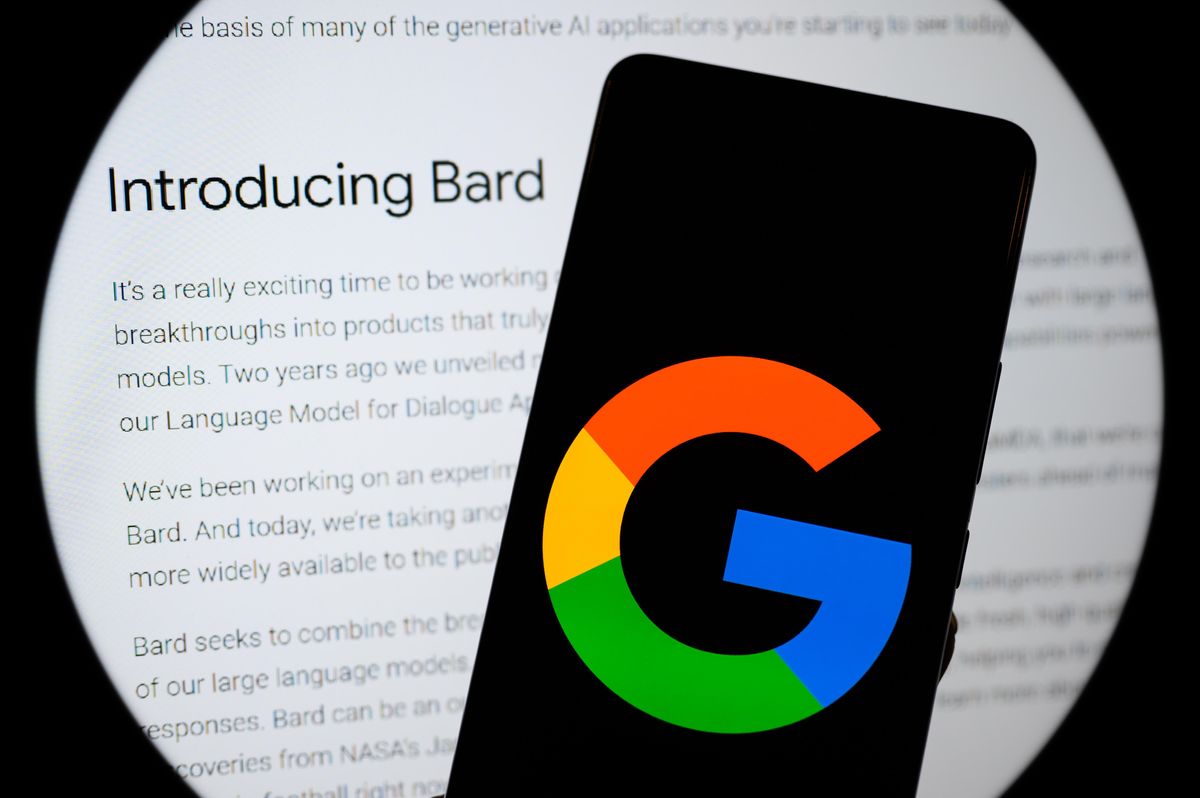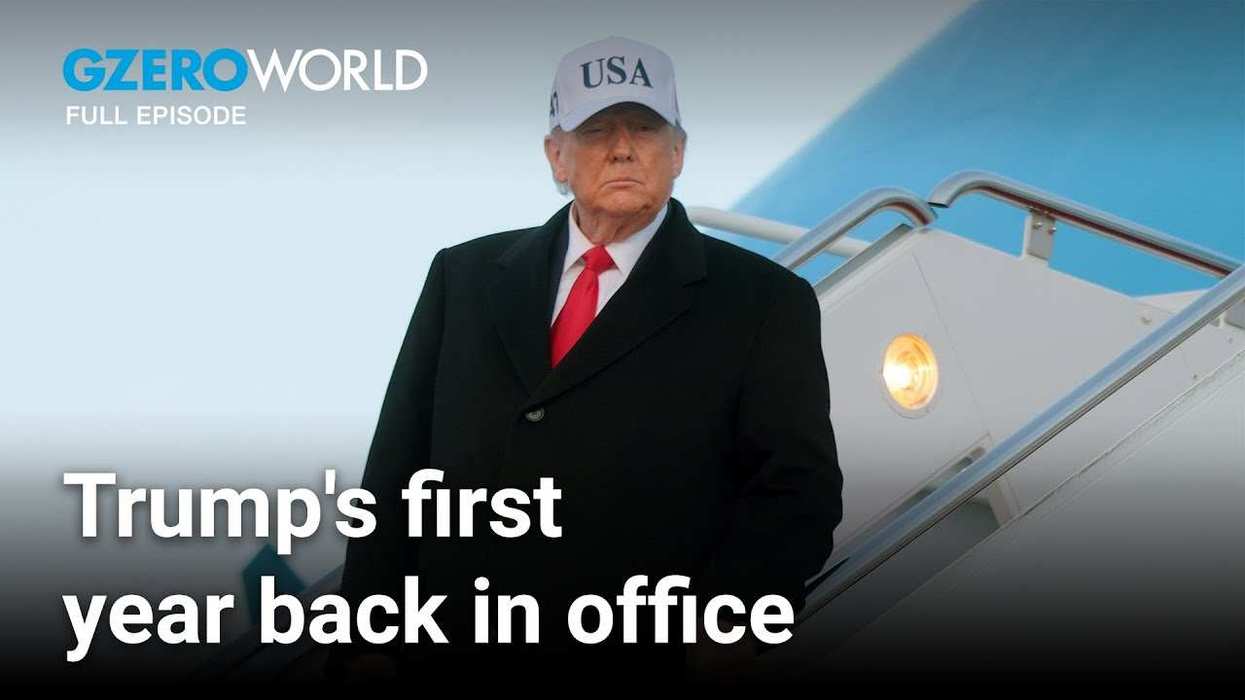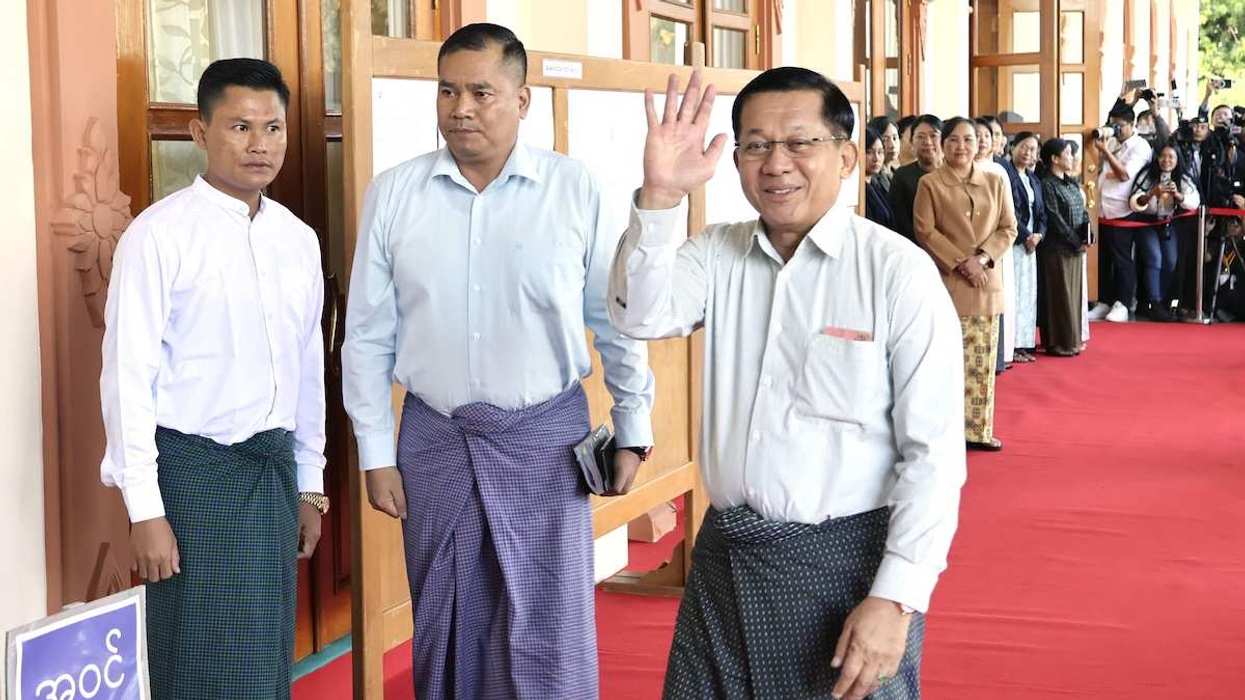Google's Bard vs. ChatGPT
Google has soft-launched Bard, the tech giant's answer to OpenAI's uber-popular ChatGPT artificial intelligence chatbot. Why should you care? Well, Google says that Bard will "outsmart" ChatGPT, a service that has taken the world by storm since it became a thing in late 2022 and is now backed by Microsoft. But how? Bard will be up to date on current events — giving it a leg up over ChatGPT, which is stuck in 2021. Also, Bard will run on something called Language Model for Dialogue Applications or LaMDA, which is so advanced that last year Google fired an engineer who declared that LaMDA was "sentient" because it could mimic human emotions. This is where it gets tricky, since theoretically this type of AI could be used to make deepfake videos virtually indistinguishable from real ones. And that, in turn, might someday unleash political mayhem befitting a "Black Mirror" episode. But let's not get ahead of ourselves. So far, access to Bard is by invite only, and Google likely has guardrails in place to ensure its new AI platform doesn't become too smart for its own good.
Nigeria nears decision day
Some people simply refuse to take no for an answer. Atiku Abubakar, known widely by his first name, is now making his sixth run for president of Nigeria in an election set for February 25. Atiku did serve as vice president under Olusegun Obasanjo from 1999 to 2007, but the now 76-year-old candidate is making a determined run to finally win the top job. He should be careful what he wishes for. Nigeria’s next president will wrestle with a COVID-damaged economy that’s still recovering from two recessions in five years and the ongoing security challenges posed by terrorist group Boko Haram in the country’s north, secessionists in the southeast, and well-armed criminal gangs in multiple regions. His campaign presents him as a “unifier,” not an easy sell in a country polarized along regional and religious lines. Still, he might actually win this time. His main opponents are the favorite, Bola Ahmed Tinubu, who represents the currently unpopular ruling party of outgoing President Muhammadu Buhari, and a compelling outsider, Peter Obi, who doesn’t have a well-organized party behind him with local officials to help get out the vote.
















